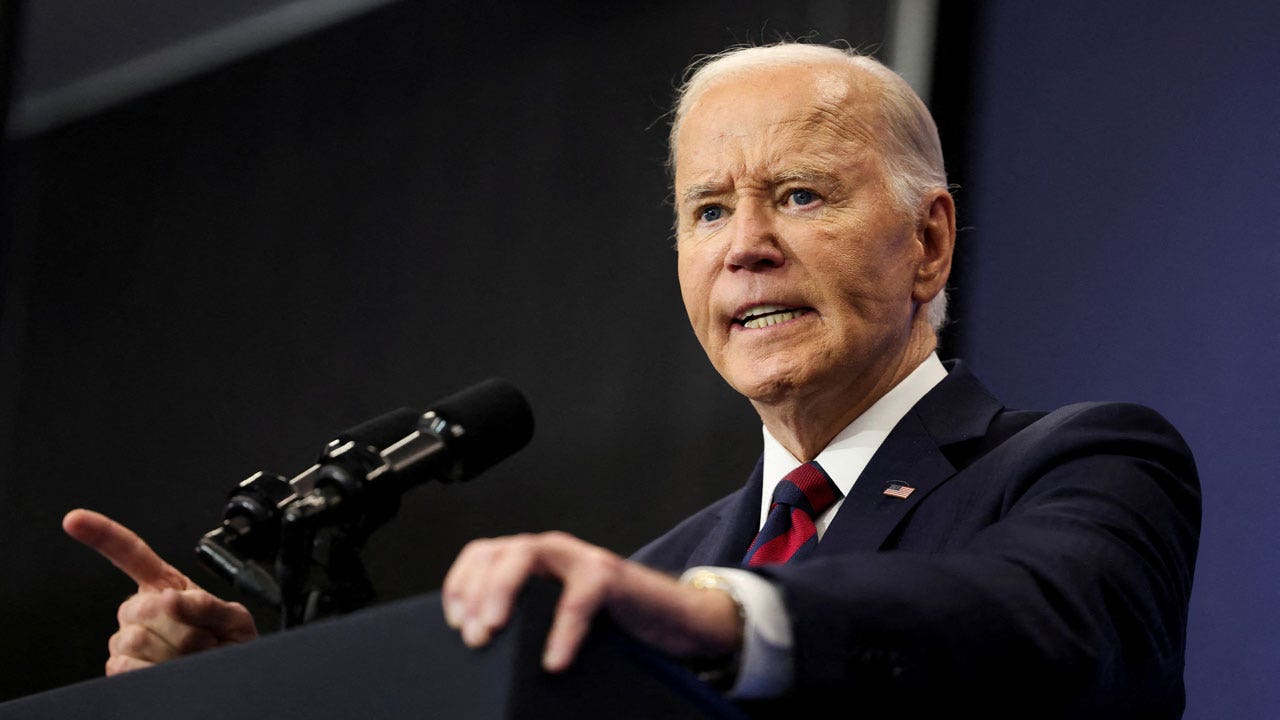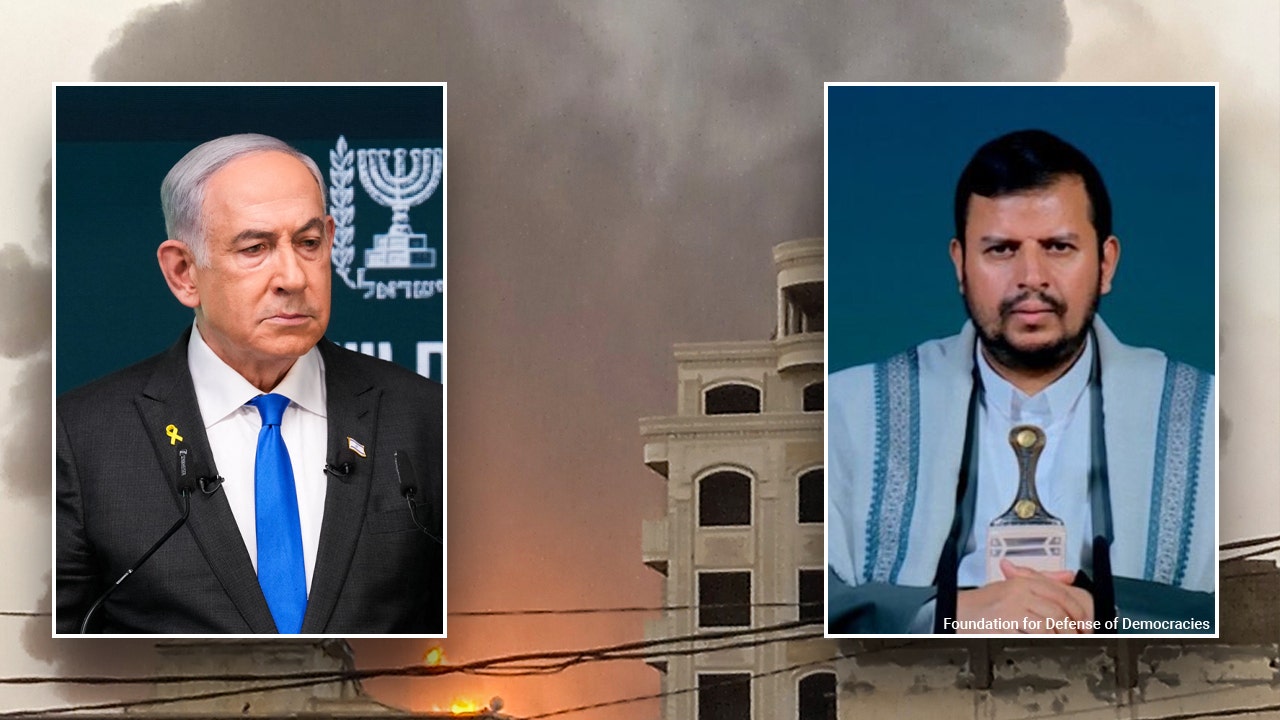Israel accuses Hamas of firing rockets from ‘humanitarian zones’
The Israeli military posted videos and maps yesterday that it said showed Hamas had fired rockets from “humanitarian zones” in southern Gaza, adding to concerns that nowhere in the enclave was safe for civilians.
The military said that Hamas militants fired 14 rockets from locations that included Al-Mawasi, a barren area in Rafah that was crowded with fleeing Gazans, and that the rockets were launched “from near tents of evacuated Gazan civilians” and from “next to United Nations facilities.” The material and Israel’s account of it could not immediately be verified.
It was not clear whether Israel would now regard the area as a legitimate military target. But the Israeli claims about Al-Mawasi underscored the risks of so-called safe zones in Gaza, which the U.N. has opposed on the grounds that no one party to a war can unilaterally declare places completely safe for civilians.
Al-Mawasi and the surrounding Rafah area are among the few remaining places Israel’s military has told displaced Gazans they can seek safety as it mounts an offensive in southern Gaza.
Mass migration: Nearly 1.9 million people, or about 85 percent of the total population of Gaza, have fled their homes during the two months of war, according to the U.N.
A journalist’s death: Human Rights Watch said a strike on Oct. 13 that killed a videographer for the Reuters news agency in southern Lebanon was carried out by the Israeli military and appeared to be a deliberate attack.
How Israel targets Hamas: Israel has recovered a trove of material that its military has used to assess the extent of the group’s attack plans and tactics, information reviewed by The Times shows.
E.U. leaders pressed China on the country’s trade imbalance with Europe and its alignment with Russia.
No issue has frustrated European officials more than Beijing’s refusal to curtail its support for Moscow. The European leaders urged China to use its influence over Russia to end the war in Ukraine and make the country withdraw its troops. But China is highly unlikely to abandon Russia, calculating that it needs Moscow as a partner to counter the U.S.
Trade: The European market recorded a $426 billion trade deficit with China last year, its biggest ever. China has dismissed many of Europe’s complaints about the imbalance, saying a significant portion of Chinese exports to Europe are from European-owned companies based in China.
Ukraine is preparing for an erosion of U.S. aid
Ukrainian officials are still hopeful that the U.S. Congress will ultimately pass an assistance package. But given the dire consequences if the U.S. does not, officials in Kyiv are racing to bolster their nation’s own military capabilities and working to deepen ties with other allies.
Germany, for example, announced last month that it would send four more state-of-the-art air defense systems to Ukraine in 2025, in addition to the three it had already delivered. Still, across the front, Ukrainians are having to make difficult decisions about how best to distribute resources that have dropped sharply over the last several months.
THE LATEST NEWS
Asia Pacific
Around the World
Other Big Stories
A Morning Read
The Times’s Styles desk recognized the 71 most stylish “people” of the year. Certain people might surprise you or inspire heated debate. After all, one thing they have in common is they made us talk: about what we wear, how we live and how we express ourselves.
‘Oppenheimer’ is coming to Japan
Many in Japan took offense to the Barbenheimer memes that followed the simultaneous release this summer of “Oppenheimer,” the biopic about the creation of the atomic bomb, and “Barbie,” a tale of a doll’s awakening.
Critics said the cross-promotion of “Oppenheimer” and “Barbie” trivialized the horrors of the U.S. military’s nuclear attacks on Hiroshima and Nagasaki. The backlash led to an apology from Warner Bros. and speculation about whether the film would be released in Japan.





